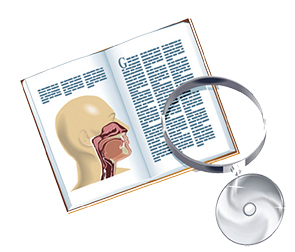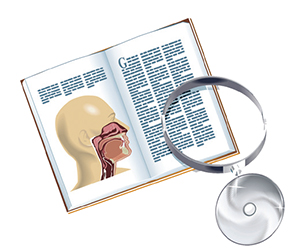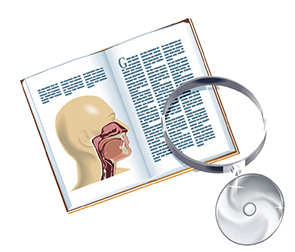Nasal endoscopy has a high specificity in identifying CRS and a high level of diagnostic accuracy when used in combination with symptom criteria


Nasal endoscopy has a high specificity in identifying CRS and a high level of diagnostic accuracy when used in combination with symptom criteria

Flexible transnasal endoscopy-assisted placement, as well as 35 mm radiography, and electromagnetic and capnometry assistive devices can reduce complications and lower misplacement rates associated with NGTs

Patients with orbital SPA who have advanced ophthalmologic findings such as impaired visual acuity, or large abscesses, should be treated surgically, while less serious cases can be treated conservatively with IV antibiotics, nasal saline lavage, and topical decongestants

Risk of transmission of HPV to surgeons appears to be low, and evacuation of plume from surgical field is an effective strategy to prevent viral contamination

Without a gold standard test to diagnose nasal valve compromise, history and physical exam are key measures for distinguishing among septal, turbinate, and sidewall causes.

Antibiotic prophylaxis is effective when used in clean-contaminated oncologic surgery, but shouldn’t be used beyond 24 hours postoperatively

Routine use of prophylactics in clean otologic surgery is not supported by evidence, and their role in contaminated cases warrants more research

Patient outcomes are good regardless of whether postoperative stents are used, but repair without stents lessens intensity of postsurgical management and avoids potential for stent-related complications

Evidence does not support routine use of mastoid pressure dressing to prevent hematoma, but loose dressings may be beneficial

Sleep interruptions can reduce patients’ threshold of pain, increase risk of complications, extend convalescence, contribute to poor physical/mental performance, lower patient satisfaction